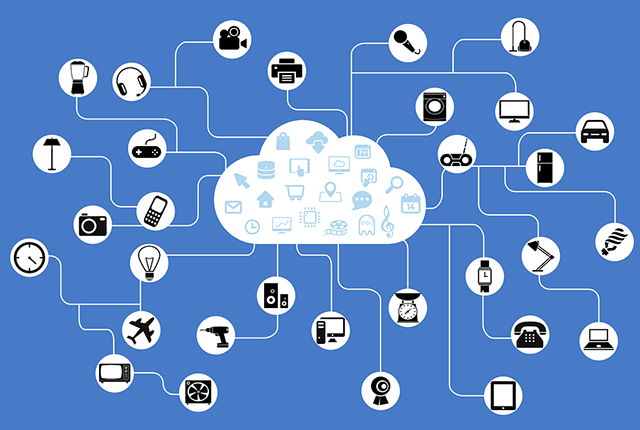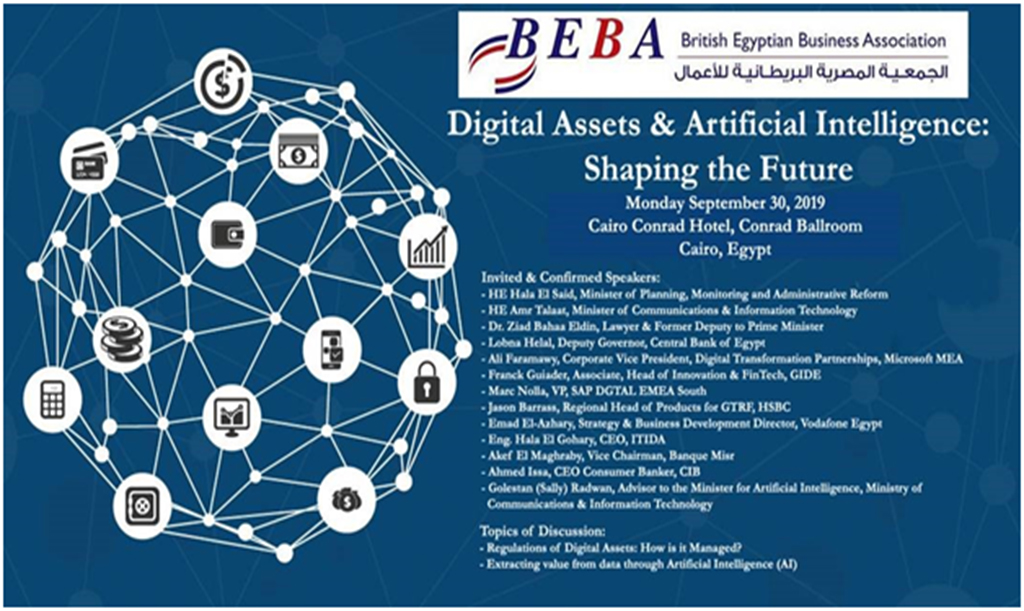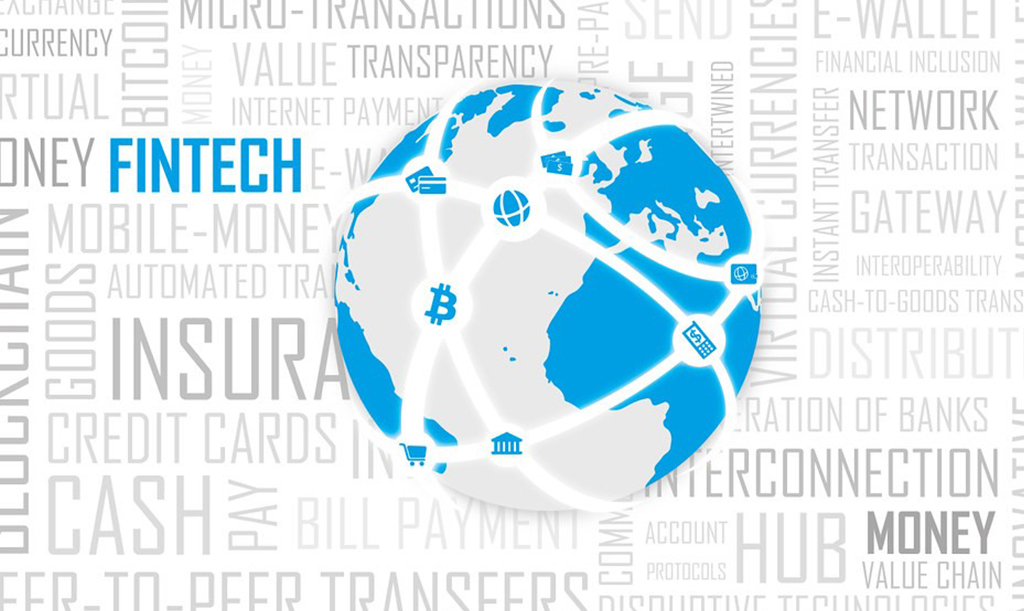Humanizing Services through Smart Banking Technologies
10 February 2020
As the digital future unfolds at
an accelerating rate, the finance industry is no exception. FinTech is slowly
becoming a faceless industry that relies less and less on human interaction. On
that note, the concept of ‘Banking for Humanity’ is increasingly blurry.
This concept is defined as being the idea of banks making their services more ‘human’, in terms of
contributions towards a more sustainable world and a thriving financial
community. As such, there are five crucial cornerstones on which ‘Banking for
Humanity’ can be built to become a reality: financial inclusion, financial
literacy, financial wellness, access to financial services for the vulnerable
and promoting sustainability.
Recent global surveys indicate
that there is a lack of trust and confidence in financial services, however
this is improving. To maintain this improvement, financial service providers
need to offer more value in a more personalized approach. Banks and FIs need to
reform their operations and processes to match the mostly successful digital
transformation experienced by business and retail customers.
Human Empowerment through AI
With a surge in applying groundbreaking
technologies in the FinTech sector such as Artificial Intelligence (AI) and
Machine Learning (ML), it is important to distinguish between the value
provided to the financial processes and the ‘human’ element provided to
customers. Ironically, it seems that the greater use of AI/ML applications can
actually improve the human experience when it comes to FinTech, delivering
intuitive automation of services and personalized customer care. AI has the
capacity to learn, adapt and therefore respond faster and more intelligently to
customer queries and data, delivering smarter insights for banks to understand
their customer base and its various demographics, which in turns leads to
catering to all their specific needs.
Mundane banking processes that can
be automated leaves room for humans to be more concerned with offering valuable
advice, support and being more empathetic in general. The optimal scenario here
is that AI can be harnessed to complement human interaction and not replace it;
the human touch is indispensable to customer interaction and problem solving,
but can only be made better with the proper integration of artificial intelligence
into the communication process.
Closing the financial inclusion
gap
The concept of financial inclusion
is a pillar of humanizing banking, especially since it aims to serve the
underbanked generations by providing quality financial services. This also
includes the youngest possible generation of new customers, the ones born after
1995; Generation Z.
Banks need to acknowledge that
they need omni-channel strategies to reach Gen Z, since they hardly distinct
the real world from the digital world. When compared to the predecessors, the
Millennials, research shows that they relate more to authenticity and
permanence, and consequently they value smart financial management more than
generations before them. Accordingly, banks and FIs need to adapt their
educative channels to reach them.
On the other end of the spectrum,
older generations are also in need of attention and personalized care in the finance
industry. User interfaces and experiences can definitely be enhanced for older
customers, and here the human factor is critical to educating and supporting
them throughout their digital journey. Resistance to technology is natural at
older ages, and so branches could aim to provide personal consultation services
and allocate time for face-to-face interactions with customers that cannot
operate technological approaches to traditional banking.
Localized digital banking
Local communities have long
benefitted from localized bank services through physical branches, and today
the integration of digital services into those local branches opens a world of
possibilities. Branches can implement video banking practices to deliver
quality information in as little time as possible, potentially answering many
questions that local customers may have. Applying omni-channel marketing can reduce operational costs while
giving access to higher-level banking services, optimizing speed and reliability
within local communities. Banks could also make use of their real estate and
act as a service hub for other banks, creating a digital service center that
truly harvests the power of digital banking.
Banking for Humanity might seem
like a strange concept to some, since banks are actually meant for people, but
the challenge is to make use of industry-changing digital applications within
FIs and banks while simultaneously communicating care and personalized, humane
approaches to dealing with customers of different demographics. The future will
most certainly reveal the thin line between automation and human satisfaction
as digital finance continues to evolve.
Tags
Banking for Humanity, digital
banks, e-finance, Artificial Intelligence, AI, Machine Learning, ML, local
banks, cloud computing
related articles

Financial Health is What FinTech Should Be Empowering

Setting Digital Banking Transformation Priorities During a Pandemic

The State of Biometrics in 2020 and Beyond

Regulatory Technology is the Unsung Hero of Digital Transformation

Bridging the Digital Divide with APIs

The Impact of IoT on FinTech & Banking

How is Banking Changing with COVID-19?

Customer Service Transformation has become a must in a Digital World

How FinTech can relate to the Healthcare Industry

MSME Lending & FinTech: What to Expect in 2020

How Digital Innovation can Transform the Future of Banks

Banking Experts Forecast Key FinTech Trends in 2020

How FinTech is Changing the Finance Industry.

6 FinTech Trends That Will Transform Banking In 2020

FinTech Trends To Keep An Eye On In 2020

How FinTech Can Contribute To Healthcare

How many digital Middle Eastern companies have unlocked their full innovative potential?

Top Five MENA Venture Capital Investments in Q3 2019

Digital Banking vs Physical Branches: Competition Not Mandatory

BEBA presents the Digital Assets & Artificial Intelligence: Shaping the Future event

Five Technologies Expected to Reshape FinTech in 2020

3 FinTech Trends You Should Pay Attention To

5 Mobile Trends To Transform The Future Of Payments
.jpg)
Egypt’s First Artificial Intelligence Faculty launched at Kafr El Sheikh University


 0
0
 2.8k
2.8k 



Comments